Families Like Debbi, Josh, and Victor Need Your Support.
The Arc has been advocating for decades to help family caregivers—advocating for health insurance, for paid family and medical leave, and respite services and other family supports. And this advocacy has taken on even more urgency during the COVID-19 pandemic.
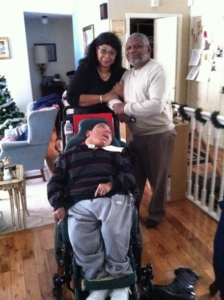
Families like Debbi, her husband Victor, and their son Josh need our support more than ever.
“Josh was born about eight weeks early with a grade four brain hemorrhage, so he was one of the sickest babies in the neonatal intensive care unit. It started our roller coaster of a journey of having a child with complex medical needs and disabilities.”
Debbi and Victor struggled to hold onto their jobs while managing Josh’s complex medical needs and raising their two other children. Victor was often called away for active duty with the military. Debbi often worked during the night to meet her deadlines and hold onto the health insurance they depended on to pay for Josh’s medical care.
“And that insurance, it was always in the back of my mind, was what was keeping Josh alive.”
The challenges of balancing work and family caregiving responsibilities began to mount. Debbi struggled to get approved for unpaid leave and as Josh’s care needs increased, Debbi had to reduce her working hours substantially. This was a financial burden for the entire family and increased her worry about losing her job altogether.
Reflecting on that time, Debbi explains:
“It was a very difficult time emotionally, physically, and also financially. If I had been able to get paid leave, our struggles would have been so much less critical.”
Like Debbi, most Americans cannot take extended unpaid time away from work to care for a family member. Nor are they able to wait on years-long waiting lists for supports and services that may never come.
That’s why The Arc is working to make a national paid family leave program a reality for ALL who need it.
That’s why we’re advocating for home and community-based services to be available when they’re needed most.
Family caregivers, and their loved ones with intellectual and developmental disabilities, experience challenges in their daily lives that you and I never even have to think about. The Arc must be there alongside them. But we can’t do it without you.
You can help overwhelmed families navigate the complex developmental disabilities services systems for infants, children, and adults with IDD by giving to The Arc.
Can we count on you to stand with family caregivers by supporting The Arc today?
Join us and make a difference. Donate to support our critical advocacy today and sign up for updates to advocate with us when it matters most.
Your gift will be matched!

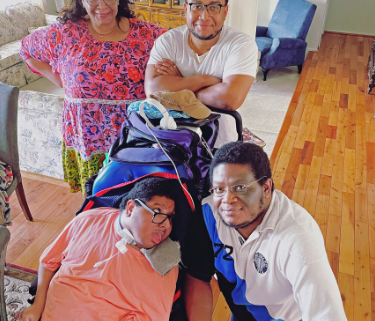

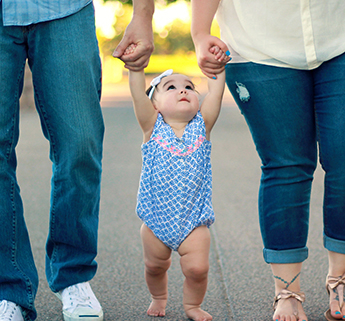
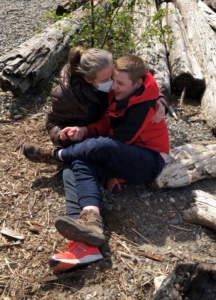 For moms like Molly, the past four months have meant long-overdue help in making ends meet. Molly works full time and manages the care for her 15-year-old son, Reid, who has a condition called Angelman’s Syndrome. Reid requires specialized caregiving for feeding, diaper changes, and constant monitoring for safety due to seizures and mobility issues.
For moms like Molly, the past four months have meant long-overdue help in making ends meet. Molly works full time and manages the care for her 15-year-old son, Reid, who has a condition called Angelman’s Syndrome. Reid requires specialized caregiving for feeding, diaper changes, and constant monitoring for safety due to seizures and mobility issues.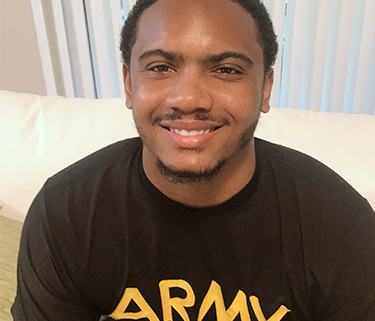
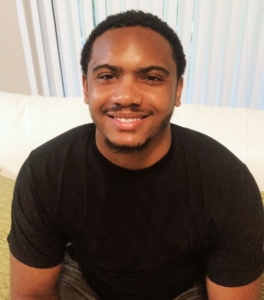 In 2010, Neli Latson was an 18-year-old special education student with autism who was sitting on a bench outside his neighborhood library waiting for it to open. Someone called the police reporting a “suspicious” Black male, possibly with a gun. Neli had committed no crime and was not armed, but being a young Black male with autism, he would soon experience the tragic results of a system stacked against him.
In 2010, Neli Latson was an 18-year-old special education student with autism who was sitting on a bench outside his neighborhood library waiting for it to open. Someone called the police reporting a “suspicious” Black male, possibly with a gun. Neli had committed no crime and was not armed, but being a young Black male with autism, he would soon experience the tragic results of a system stacked against him.





